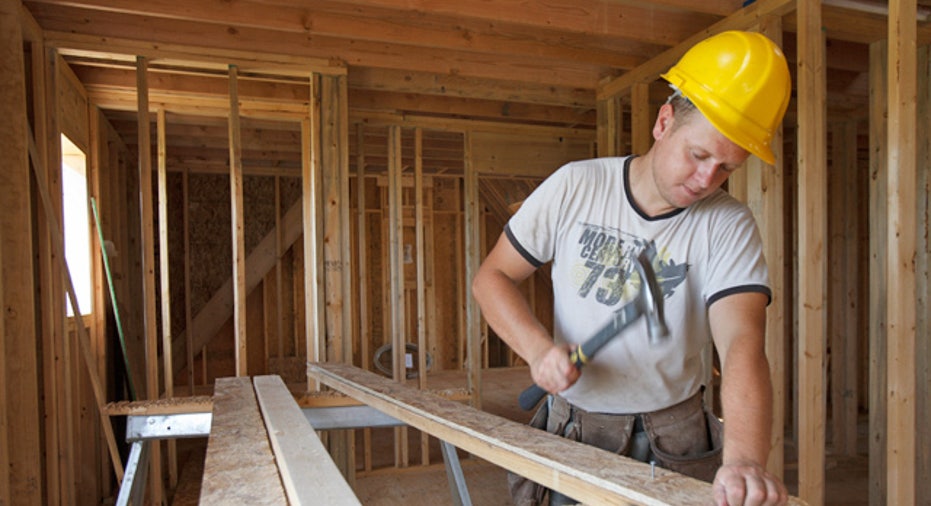How to Decide Between Moving or Remodeling

Move or remodel? If you are dissatisfied with your home, you might wonder whether it's better to buy another house or remodel the one you own. The choice involves both financial and emotional calculations.
"Deciding whether to move or to remodel is a life conversation, not just a money conversation," says Justin Krane, president of Krane Financial Solutions, in Los Angeles. "You should always start with life first, because thinking about money first can get in the way of figuring out what we really want."
Chris Terrill, CEO of ServiceMagic in Golden, Colo., says homeowners need to start the decision-making process by evaluating their motivations for change.
"I think people have become more aware that they need to 'move with a purpose,'" Terrill says. "If you must relocate for your job or your commute is too long, that's one thing, but if you feel you've hit the maximum capacity of your space, you may want to consider investing in your existing home."
Once you've evaluated your desire, such as for more space, think hard about the emotional aspect of moving.
"If you love your neighborhood, your neighbors, your backyard, your commute and your children's school, then you need to realize that these are things that are hard to replace," says Dan Fritschen, creator of RemodelOrMove.com and author of "Remodel or Move? Make the Right Decision." "You need to think about how your home functions during the entire year, including your ability to entertain."
Financial implications of moving
Before deciding to move, consult a real estate agent and a lender to get an evaluation of your home's market value, the cost of the type of home you want to buy and your financing options.
"Your new mortgage payments could be lower because of today's low mortgage rates and low home prices, which could offset a lower-than-expected sales price on your home," Fritschen says. "You also need to know the difference in property taxes and calculate the potential money you may need to spend to get the next house fixed to your preferences."
Terrill adds: "The real cost of selling includes the real estate commission on the sale, possibly some repairs on your home before you can sell it, closing costs on your new property, moving costs and perhaps new furniture."
Financial Implications of Remodeling
While Krane recommends funding a remodel through cash flow or savings, he says a home equity loan could be an option for some homeowners as long as they have a repayment plan.
Fritschen says homeowners with equity may be able to refinance and pull cash out for a remodel, or refinance into a Federal Housing Administration 203(k) loan that allows the borrower to wrap remodeling costs into the new mortgage.
"You need to get a feel for what your project will cost before you can decide if it's worth it," Fritschen says. "Then you can estimate potential appreciation in your home value from the project. It's also important to think about the intangible value of the improvement in terms of your quality of life."
Terrill says adding square footage can be the best remodeling investment, followed by fixing up a kitchen or bathroom. He urges caution about over-improving the home for the neighborhood.
"If you are living in a community of $250,000 homes and you upgrade with a $150,000 kitchen, you may not get your money back when you sell," Terrill says. "On the other hand, if you love cooking and you can afford it, the renovation has emotional value."
Terrill says homeowners should use a variety of resources, including local contractors, real estate agents, neighbors, online resources and visits to open houses to estimate whether a project would be an over-improvement for the neighborhood.
Copyright 2013, Bankrate Inc.



















